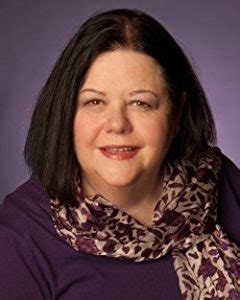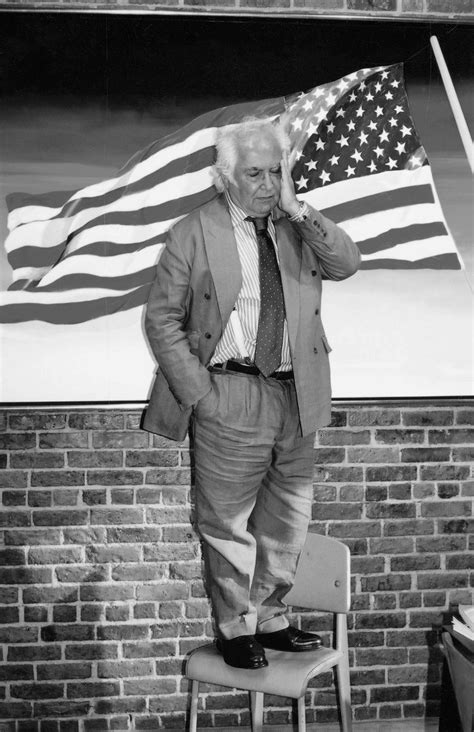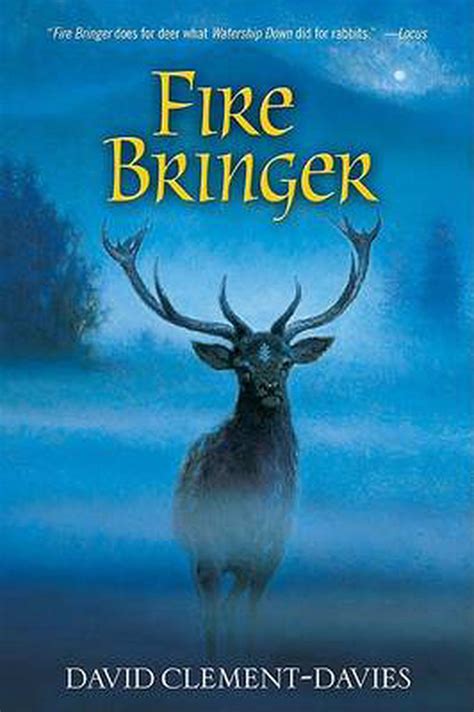A Quote by Georgiana Burne-Jones
I cannot help thinking that the death of the young is not in the plan of our being, and that we are ourselves greatly responsible for it. Indeed I believe we are at the beginning only of the art of living.
Related Quotes
It’s been very well demonstrated that our belief system effects how we behave and how we perform. . . It also effects our lifestyle, so that if we don’t believe that we can help ourselves, we probably cannot. If we don’t believe that positive information is useful to our health and well being, it probably won’t be.
For too long we have been protecting the ones who have hurt us by minimizing our trauma and deprivation. It's time to stop protecting them and start to protect ourselves. We have been told and feel that we are responsible for their emotional well-being. We are not. We are responsible only for ourselves.
All of us are responsible to provide for ourselves and our families in both temporal and spiritual ways. To provide providently, we must practice the principles of provident living: joyfully living within our means, being content with what we have, avoiding excessive debt, and diligently saving and preparing for rainy-day emergencies. When we live providently, we can provide for ourselves and our families and also follow the Savior's example to serve and bless others.
Do you not think that sometimes when matters are at the worst with us, when we appear to have done all which we ourselves can do, yet all has been unavailing, and we have only shown we cannot, not we will not, help ourselves; that often just then something comes, almost as if supernaturally, to settle for us, as if our guardian angel took pity on our perplexities, and then at last obtained leave to help us? And if it be so, then what might only be a coincidence becomes a call of Providence, a voice from Heaven, a command.
Teach him to live rather than to avoid death: life is not breath, but action, the use of our senses, our mind, our faculties, every part of ourselves which makes us conscious of our being. Life consists less in length of days than in the keen sense of living. A man maybe buried at a hundred and may never have lived at all. He would have fared better had he died young.
Why does death engender fear? Because death meant change, a change greater then we have ever known, and because death was indeed a mirror that made us see ourselves as never before. A mirror that we should cover, as people in olden days covered mirrors when someone died, for fear of an evil. For with all our care and pain for those who had gone, it was ourselves too we felt the agony for. Perhaps ourselves above all.
Perhaps the whole root of our trouble, the human trouble, is that we will sacrifice all the beauty of our lives, will imprison ourselves in totems, taboos, crosses, blood sacrifices, steeples, mosques, races, armies, flags, nations, in order to deny the fact of death, the only fact we have. It seems to me that one ought to rejoice in the fact of death - ought to decide, indeed, to earn one's death by confronting with passion the conundrum of life.
I think it's time we ask ourselves if we still know the freedoms that were intended for us by the Founding Fathers... Whether we believe in our capacity for self-government or whether we abandon the American Revolution and confess that a little intellectual elite in a far-distant capital can plan our lives for us better than we can plan them for ourselves.
If being an anti-art artist is difficult, being an anti-art art historian is a hard position indeed. His doctrinal revolutionism brings forth nothing new in art but reenacts upheavals on the symbolic plane of language. It provides the consoling belief that overthrows are occurring as in the past, that barriers to creation are being surmounted, and that art is pursuing a radical purpose, even if it is only the purpose of doing away with itself.
There are two laws that we had better take to be absolute. The first is that as we cannot exempt ourselves from living in this world, then if we wish to live, we cannot exempt ourselves from using the world. If we cannot exempt ourselves from use, then we must deal with the issues raised by use. And so the second law is that if we want to continue living, we cannot exempt use from care.
The end comes when we no longer talk with ourselves. It is the end of genuine thinking and the beginning of the final loneliness. The remarkable thing is that the cessation of the inner dialogue marks also the end of our concern with the world around us. It is as if we noted the world and think about it only when we have to report it to ourselves.







































